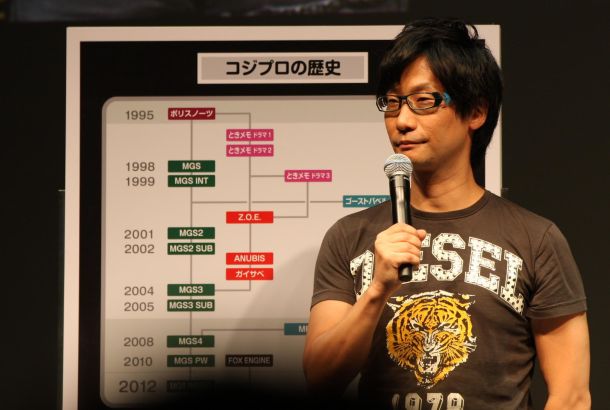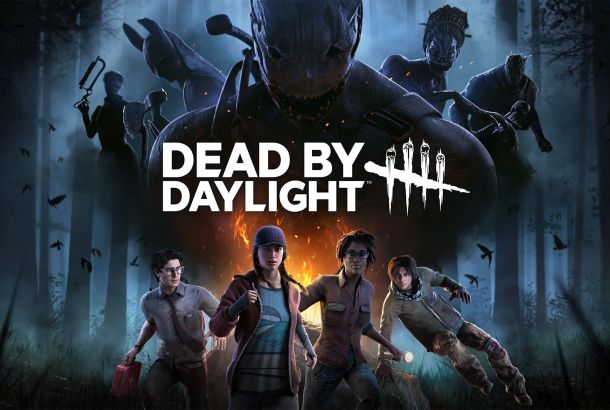Gamers get social
Gamers have sadly always attracted derogatory social labels, such as shut-in, anorak or sad case. In the early ’90s one needed to plead with their parents to buy the latest console release, or required IT proficiency to acquire and install anything that came close to a game on PC. It’s no wonder we are often stereotyped as a shy, immature, and nervous demographic. But with the growth of gaming over the last decade, this view is gradually changing. Increased interactivity in-game is demanding the same of gamers in real life. As the gaming industry surpasses every other market in entertainment, businesses have taken note.
Kyoto Lounge is one such example. Located on Grosvenor Street beside other popular pubs and clubs, it offers the hire of computers or consoles alongside more typical bar food and booze. Unlike an internet café or arcade, the emphasis is on socialising rather than convenience. One can walk in, grab a beer and a controller, and immediately be playing and talking with someone hitherto unknown. There’s enjoyment to be had in fighting or racing a physical person, rather than some nameless avatar across the internet. When you start playing, you don’t know whether or not you’re about to be schooled by the guy sitting next to you, adding a little intrigue to the experience. Casual and non-gamers often become regulars – pulled in by the novelty of a gaming bar, then pleasantly surprised by the social environment.
In many circumstances, it isn’t necessary to be playing anything at all. Alongside the casual and social, competitive gaming has grown more mainstream than ever. International tournaments fly players around the world to compete for hundred-thousand dollar prize pools – one such recent event received more viewers globally than the Diamond Jubilee. Fans turn out in droves to support their favourite pro-gamers, whilst those unable to attend watch online or at organised local broadcasts.
Kyoto Lounge in particular holds regular Barcrafts: live-streaming the real-time strategy Starcraft 2 from around the world to a local audience, paralleling the way pubs show big football matches. The scope and variety of competitive play makes these appealing for supporters, whether they seek to discuss tactics in a friendly environment or simply enjoy the company of their compatriots. Whilst free to attend, the food and drink provided ensure the bar isn’t making a loss, and patrons can rent out a PC or two afterwards to test their strategies against each other. For games played competitively on a smaller scale, local tournaments can be arranged. Games like Tekken and Street Fighter are regularly played to a professional level at the bar.
Barcrafts and tournaments like these are not unique. Though uncommon in the UK, hundreds of Barcrafts spring up across the globe whenever a large event is underway, and arcades have held fighting tourneys for years. Though it seems contrary, most gamers have never truly lived solitary lifestyles. Expos and conventions occur with regularity as a place for the industry to promote their wares, attracting a particularly geeky crowd. Play Expo is one such event in Manchester, exhibiting the latest, yet to be released generation of consoles alongside other aspects of gaming culture. LAN parties have existed since the dawn of gaming – the suggestion that without somewhere like Kyoto we’d be sitting alone in darkened rooms avoiding society at large is archaic at best.
Kyoto isn’t an attempt to make gamers socialise, and shouldn’t be sold as such. It’s a business. There is a largely untapped gap in the market for a dedicated adult gaming environment. Arguably gimmicky in the past, they run a sustainable model in an ever-expanding market. They aren’t just competing with expos and other large digital events – those are for dedicated gamers alone – they appeal to all types of gamer, particularly the largely untapped casual and social variety. Entrepreneurs and firms are following in their footsteps in major cities, both in the UK and across the world. In the long term, we can expect gaming to become a big feature in even the most mainstream of social venues. All those children brought up on a diet of Nintendo and PlayStation are adults now, and they’ve got money to burn.







